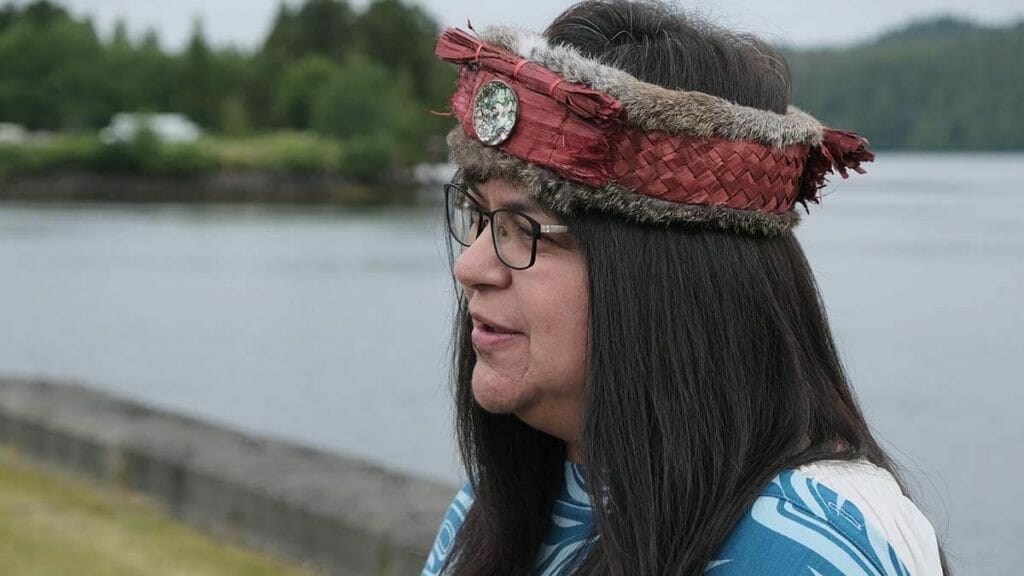Estimated Reading time

2 Mins
Coastal First Nations Sign Fisheries Reconciliation Agreement with Canada

Coastal First Nations, on behalf of its member Nations, has signed a Fisheries Resources Reconciliation Agreement with the Government of Canada. The agreement will advance economic opportunities and collaborative governance, and expand community-based commercial fishing access in traditional territories for the seven Nations represented by Coastal First Nations.
K̓áwáziɫ Marilyn Slett, President of the Coastal First Nations participated in a signing ceremony on July 26 along with representatives from Kitasoo/Xai’xais First Nation, Metlakatla First Nation, Nuxalk Nation, Wuikinuxv Nation, Gitga’at First Nation and Gitxaała Nation; the Minister of Fisheries, Oceans and the Canadian Coast Guard, the Honourable Jonathan Wilkinson; and the Minister of Crown-Indigenous Relations, the Honourable Carolyn Bennett.
“This agreement will get families and fishers back on the water and re-establish a small boat fleet in our communities,” said K̓áwáziɫ Marilyn Slett. “By working together—on a nation-to-nation basis—we will provide opportunities for our communities to fully participate in the fishing economy; create new jobs and investments; and increase economic opportunities and build capacity.”
By working together—on a nation-to-nation basis—we will provide opportunities for our communities to fully participate in the fishing economy; create new jobs and investments; and increase economic opportunities and build capacity.
The agreement will ensure Coastal First Nations have better access to existing commercial fishing licenses and quota, and an enhanced role in fisheries governance. As a result, communities should see significant job creation and a substantial increase to household incomes in these communities from the growth of community-based commercial fishing operations. The economic growth projected from the agreement means more people will be able to stay in their communities to work, secure a good, stable, income to support their families, and re-invest the profits generated from fisheries back into the community.
The Reconciliation Agreement will facilitate an enhanced role in collaborative governance, and in fisheries management and decision-making processes for the Coastal First Nations, whose territories make up 40 per cent of British Columbia’s coastal waters. Moving forward, this will enable better access to existing fishing licenses and quota through a voluntary relinquishment process—creating jobs and generating income for north and central coast communities. This will also allow for the development of new partnerships and enhanced relationships with the private sector to get the fish caught in these communities to market.
